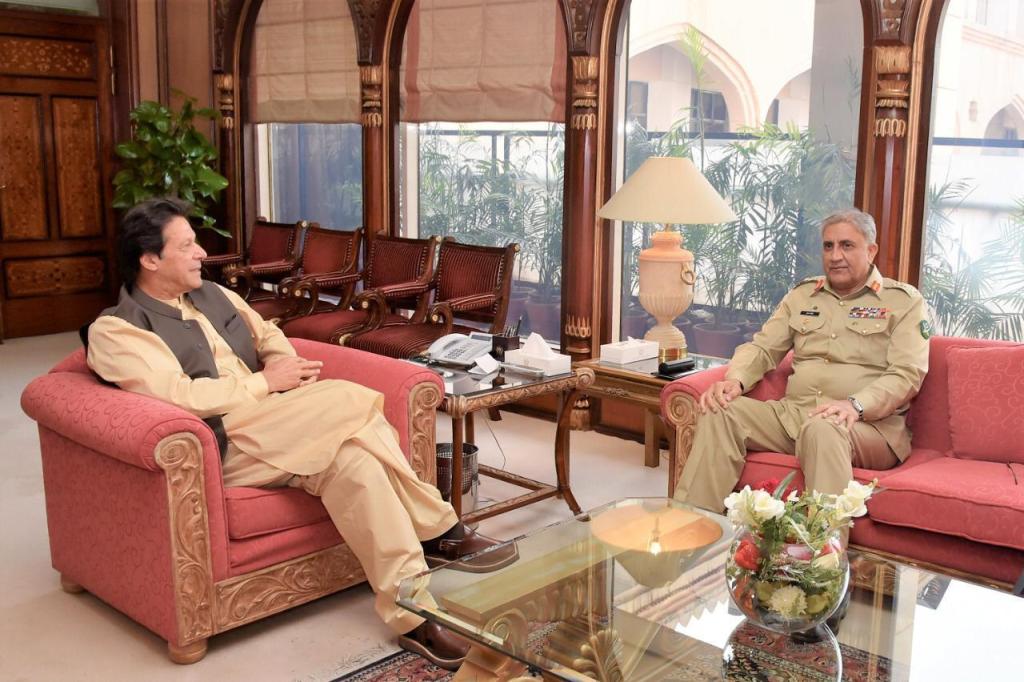Last week, the Narendra Modi government appointed IPS officer Samant Goel as the new Research and Analysis Wing (RAW) chief. According to ‘India Today’, Samant Goel played key role in India’s so-called counter-attack on the terror infrastructure in Pakistan’s Balakot. Simultaneously, the Indian government has appointed senior IPS officer Arvind Kumar as the director of the Intelligence Bureau. He is considered as an expert hand on matters related to Kashmir. However, both of them had proved complete failures in their previous assignments. The appointments to the top posts in the external and domestic intelligence agencies were made by the Appointments Committee of the Cabinet. Prime Minister Narendra Modi is the chairman of this committee; however, questions are being asked as to why those IPS officers were appointed who lacked credentials and had proved disaster in earlier assignments?
Both IPS officers are of the 1984 batch and hold the rank of Director General. Samant Goel is from the Punjab cadre while Kumar is from the Assaam-Meghalaya cadre. Goel replaced Anil Kumar Dhasmana, who retired after two and a half years of service. He is known for being ruthless in handling Punjab militancy at its peak in the 1990s. Before his appointment as R&AW chief, Goel was heading operations for the agency and was instrumental in planning the February 2019 Balakot air strikes and also the 2016 so-called surgical strikes which had proved fiasco. February 2019 air strike was planned in the aftermath of Pulwama terror attack in which a convoy carrying CRPF personnel were targeted. Forty of them lost their lives in February 14 suicide bombing on Jammu-Srinagar highway. However, India could not provide proof to international media for having hit the target.
In 2016, surgical strike was carried out after a terror attack in Uri, where terrorists had targeted an army camp. Total casualty in the attack was more than 20. Goel is considered a Pakistan expert in the R&AW. On the other hand, Arvind Kumar has been involved in tackling Naxal extremism at the Intelligence Bureau. He was holding charge as special director Kashmir at the IB, but he could not rein in the Naxilites or communists during his tenure. He was currently holding the post of special director, Kashmir, in the agency and has been closely involved in formulating and executing the Centre’s approach on terrorism in the Valley. Anyhow, it does not matter who is placed at the helm, as Kashmiris are determined to fight Indian state terrorism. More than 700000 Indian army personnel could not bend them, and despite repression, suppression and killings, Kashmiris stand tall.



